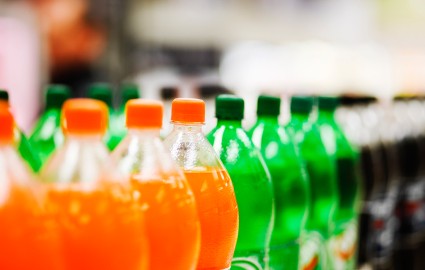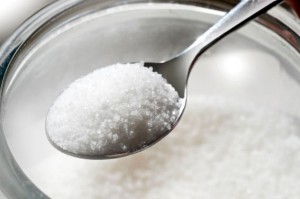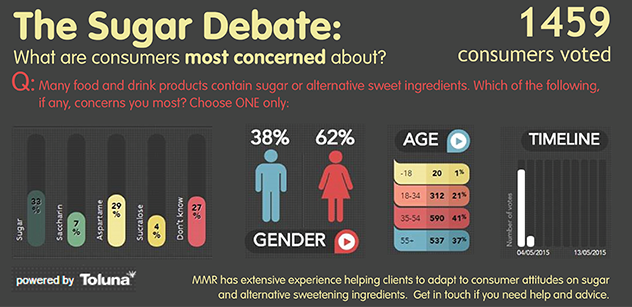Sugar is in the headlines again this week and battle lines are being drawn. Celebrity chef Jamie Oliver has launched an attack on sugar in a Channel 4 documentary to be shown later this week on UK TV, and the Food and Drink Federation has already hit back in defense. This couldn’t be more topical following the recent SACN guidelines aiming to reduce sugar consumption to 5g a day.
Jamie Oliver and his team are aiming to introduce a tax on soft drinks with added sugar. The sugary drinks tax would increase beverage costs by 20p per litre, which would add around 7p onto the cost of canned soft drinks. Soft drinks have been singled out in Jamie’s manifesto as he states they are the largest single source of sugar consumption for children, providing high calorie intakes and impacting dental health. Although a 20p per litre cost increase may not sound like much, the cost increase would be too large for manufacturers to absorb themselves and would therefore be passed directly on to consumers with the intention to reduce sugary drink consumption, increase overall public health, improve dental health and potentially reduce obesity levels. Other countries have already introduced this tax with varying degrees of success, including France, Hungary, and most recently Mexico where a 10% tax on sugar-sweetened beverages is projected to decrease consumption by around 12% and could substantially reduce the prevalence of obesity.
However the Food and Drink Federation has already hit back, stating sugar consumption in the UK is in decline, with increasing consumption of diet product offerings. The regulatory body also insists that sugary soft drinks are not the largest source of calories consumed by children, with director general Ian Wright suggesting that government legislation of sugar consumption won’t work by “Demonising one nutrient out of a range on the national menu is not a healthy way to proceed.” Since many food and beverages are already taxed, the federation suggests any additional taxes would not be proven effective at driving long-term dietary changes, as found with the sugary drink tax in France showing initial decreases in consumption followed by normal patterns resuming.
This debate got me thinking, how can we define what is a “sugary drink”? What about natural sugars? Plenty of products already state “No Added Sugar” on the label, would these be exempt from the sugar tax? Fruit juices can contain similar amounts of fructose as the levels of added sugar in soft drinks, would these need to be taxed even though the sugar isn’t “added”. With the ever increase demand for natural products, will including natural sources of sweetness such as fruit juices and honey be included in this tax too?
Another thought is about the level of sugar in these drinks. Would a blanket price increase be introduced, as requested in Jamie’s manifesto, or would the level of tax be based on the amount of sugar in a product? Would providing sugar tax bands, or a sliding tax scale support the food and drinks industry to reduce sugar levels, and encourage consumers to make healthier choices?
I look forward to this documentary to find out more details, answer these questions and really understand the options, opportunities and challenges facing us to reduce sugar in the UK population’s diet.


